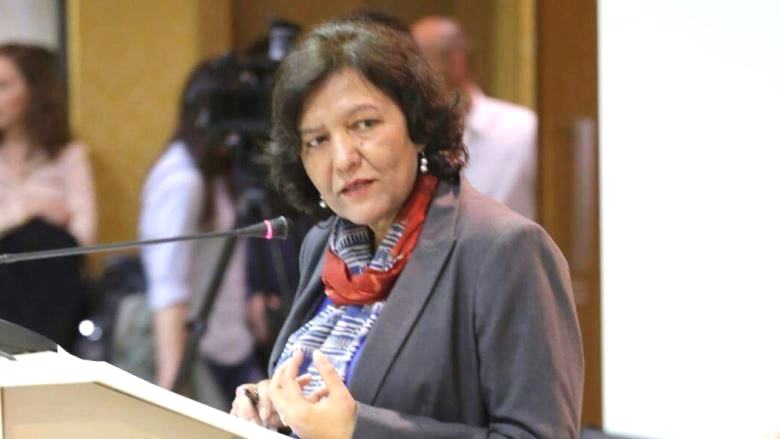Honorable Minister Koka, Minister Panariti, Head of the Swedish International Cooperation, and Distinguished Guests,
I would like to thank you for the invitation to join the launching of the grants program supported by the Environmental Services Project. The $22 million Project is funded by the Swedish Government, the Global Environment Facility and the World Bank. It seeks to contribute to Albania’s goal of protecting the country’s rich natural resources by increasing productivity and sustainability of land use. The project is well aligned with the World Bank Group’s Environment Strategy and the objectives of the World Bank Group’s Country Partnership Framework for Albania.
With over 52 percent of surface area under forest cover, the Albanian forestry sector holds tremendous potential to support economic growth, rural development and enhancement of livelihoods of the local population – men and women. At present, most of the forest and pasture transferred at the local level suffers from significant soil erosion and unsustainable forestry and agricultural practices. Sustainable land management and community practices are essential to preserve the rich natural resources and enhance agricultural productivity.
Over the past decade, there have been several reform efforts in the sector including substantial changes in the roles, mandates and relationships among the state, local government, traditional users and the private sector. About sixty percent of the state owned forest and pasture has been transferred to local government ownership and additional 20 percent is being transferred to Municipalities. These institutional, legal and administrative measures need to be complemented by strong participation of the traditional users in the planning and management of the forest, backed by capacity strengthening measures.
Global experiences demonstrate that transfer of responsibilities to local levels of governance needs to be complemented by significant hands-on support to strengthen capacities. I am pleased that the ESP project supports the preparation and registration of forest and pasture management plans, as well as training on sustainable management of forest and pasture. It also supports joint activities to be carried out at the National level and at Local level, like the National Forestry Inventory and the Albania Forestry Information System.
The Euro 4 million ESP grants program being launched today aims to provide rural communities with alternative livelihood opportunities and income. We expect it to also strengthen capacities in the Ministry of Environment, and the Agriculture Rural Development Agency (ARDA) under the Ministry of Agriculture to implement EU policies and programs. The grants will be provided to the forestry owners and traditional users for investments in forests and pastures, to restore, preserve and enhance upland ecosystems while addressing the challenge of climate change.
The grants’ design benefits from regional experiences with supporting capacity development of institutions and beneficiaries to implement the EU Instrument of Pre-accession Assistance for Rural Development (IPARD) Program and Funding as soon as it becomes available. Lessons from regional experience demonstrate that it is necessary for Government to prepare its institutions, establish structures and procedures required by the EU to disburse the IPARD funds allocated for the Country, and also build the institutions’ knowledge to implement EU procedures. Second important lesson is that fund absorption will remain low if beneficiaries are not ready to apply and implement a completely different system of government assistance. Therefore, it is critical to strengthen beneficiary capacity to apply for and manage such grants. A step-wise approach, through a gradual introduction of the future IPARD requirements, and learning by doing, can contribute towards establishing clarity in the engagement between the financing institutions and beneficiaries.
Albania has already made some progress in implementing IPARD-like support to the agriculture sector. Today’s event marks a critical next step for the Ministry of Environment and the Ministry of Agriculture and its Agriculture and Rural Development Agency to establish a system to support the forestry sector in a transparent manner by introducing the IPARD core principles, and supporting the beneficiaries to learn how to apply for funds in a competitive manner.
For a successful implementation, it is essential for all actors to fully understand and follow the procedures and for the process to be transparent. Due to its cross-cutting nature, strong collaboration among the partner institutions is required. This is the first time such type of grants are being provided to the forestry sector in Albania, and we have high hopes that the experience will be both successful and sustainable. In closing, I wish you a successful implementation of the first round of the ESP grants!

